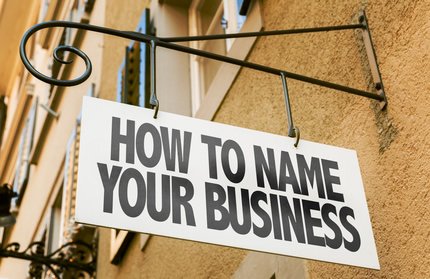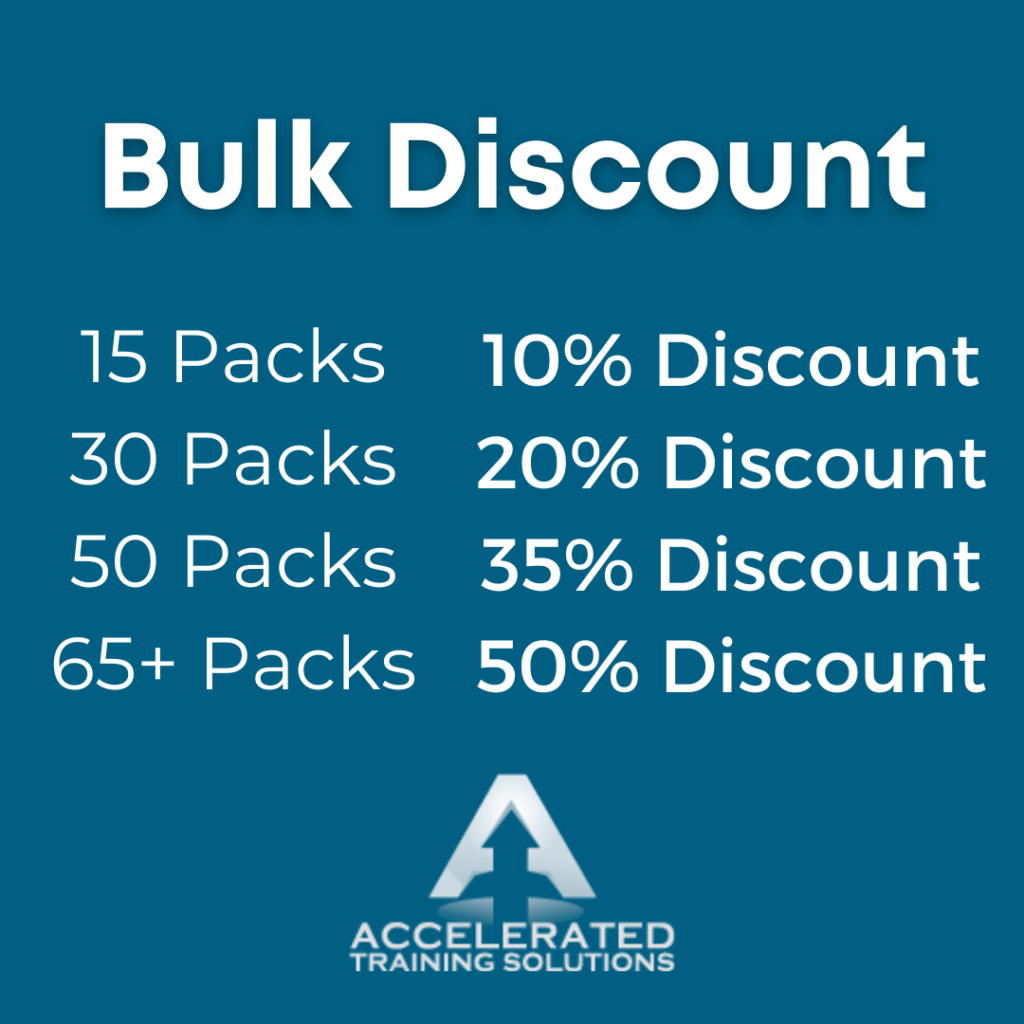Finding a good name for a business can be pretty aggravating.
You have one shot and if you mess it up, you have to work that much harder in your marketing to get people interested in your products and services.
If you get it right, though, you can supercharge your business with an identity that immediately appeals to your target market and opens them up to your message.
Let’s look at 6 common mistakes that people make when naming their businesses so you can avoid painting yourself into the same corners.
1. Don’t use initials or acronyms.
Initials and acronyms are an easy way out of a naming dilemma, but don’t give in to their lure.
It can take a lot of time, effort, and money to position a string of meaningless letters in your prospects minds.
2. Watch out for similar-sounding names.
While it might seem like a good idea to pick a name that already sounds like something your target market is familiar with, watch out! You’re going to have to spend extra marketing dollars to separate your business from your competitors. If they’re already known in the field, that makes it even worse because prospects will often think your marketing is theirs, but never think theirs is yours (as they don’t know you only your competitor).
Instead, strive for something unique that will stand out among the crowd.
3. Don’t use your name.
If you’re just starting a business, selling it one day is probably the last thing on your mind. But every day, in every industry, people are receiving offers for businesses.
One of the things buyers consider is what’s known as brand equity. If your company has established itself as a strong, recognizable brand in your market, that’s worth BIG money.
If you’ve used your personal name for the business, however, it presents a problem. If you plan on leaving the daily operations after selling, then your business brand equity departs with you. It depends on you being connected to the business, and your company’s valuation will suffer.
There are exceptions, of course. If you’re an artist or attorney, for example, it might make sense to use or include your name. In those cases, you and your skills are the entire business, so representing that up front can actually work to your advantage. Those aren’t the types of businesses that you would normally sell, though (if youre not there to do the work, there’s no business).
4. Don’t be over-specific.
One of the things that makes naming a business difficult is you have to do it in the beginning, before you know exactly how it’s all going to play out.
Target markets change, products and services change, focuses shift with supply and demand. That’s why it’s smart to avoid ultra-specific names that limit your business to just one type of product or service. For instance, if you named your business Delectable Dessert Deliveries, what if you want to start delivering entrees to customers, too? You now have a serious marketing problem.
So think broad with your name. Research your industry and consider what other types of products and services you might offer in the future, and come up with a name that can encompass what you’re starting out with, and what may lie ahead.
5. Don’t be too vague.
This is the other side of the above coin.
If your business name is too general or vague, it becomes completely forgettable. It has no meaning or immediate position in prospects minds.
Avoid names like International Experts, Teller & Sons, Success Enterprises. They say nothing and mean nothing, and will require extra marketing money just to get people to comprehend what type of products and services you even sell.
6. Don’t use made-up words.
Kleenex
Google
Kodak
Ikea
Some of the biggest companies in the world use made-up words for their names, so why shouldn’t we?
Because we don’t have millions of dollars to pour into branding campaigns to make them mean anything to our prospects.
Chances are your budget is going to be tight when you start your new business, and you need all the help you can get from a name. That means you want it to have instant meaning and, ideally, a directly stated or implied benefit in your prospects eyes.
The Bottom Line
A good business name is easy to spell, easy to say, unique, universal, representative of what the company does, and won’t easily become obsolete. Names like
Jiffy Lube
DieHard Batteries
Terminix Pest Control
Lean Cuisine
Coppertone Tanning Lotion
Miracle-Gro
Home Depot
Foot Locker
4 Tools to Help You Name Your Business
If you’re currently trying to name your company, you might find the following naming tools useful:
https://www.wordlab.com/name-generators/
https://www.biznamewiz.com/
https://www.netsubstance.com/
https://www.naming.net/
https://www.namestation.com/
Enjoy!
P.S. Anything to add to what makes a great company name? Any examples? Share them in the comments below!

